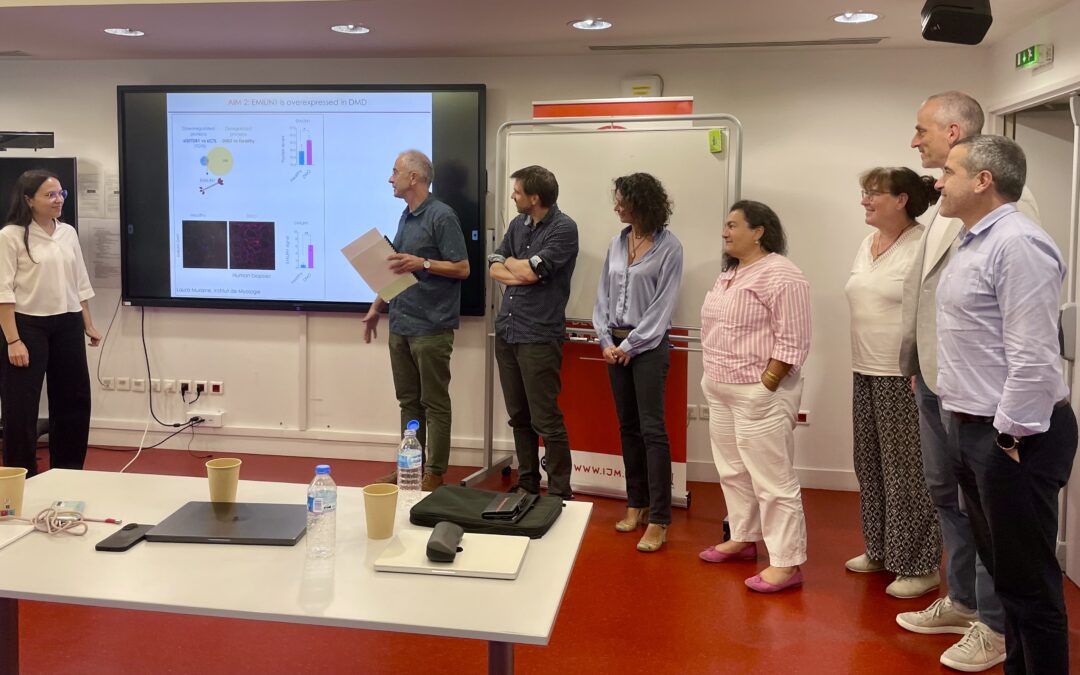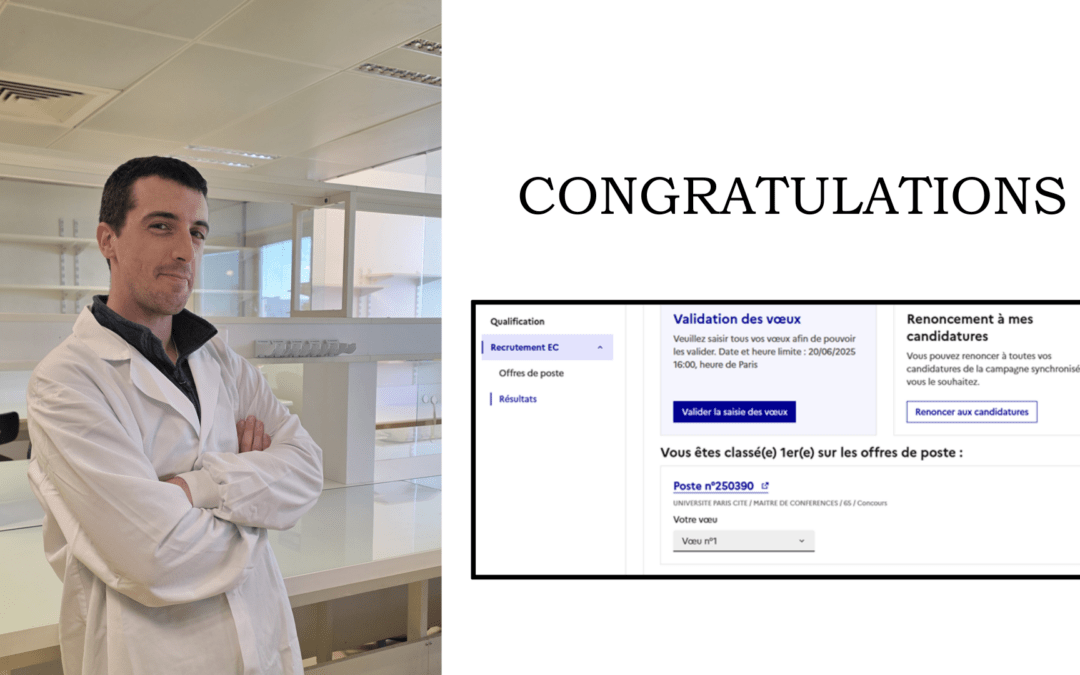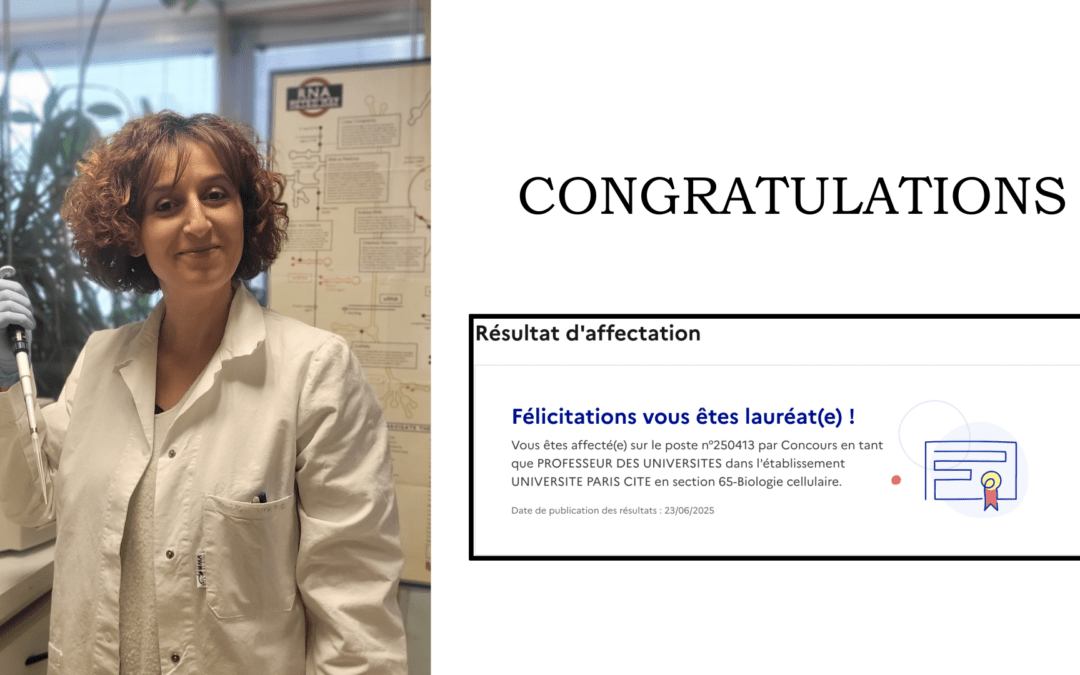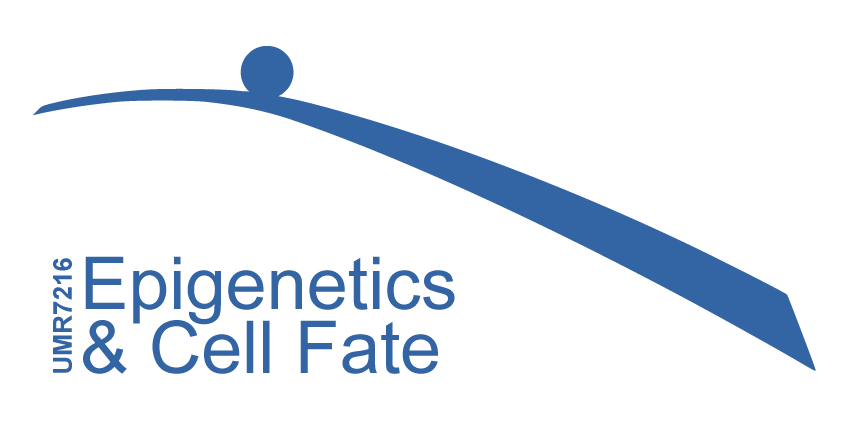Teaching
Knowledge transfer is essential, in order to train future scientists, but also to inform citizens about research progress. Many members of our center are involved in teaching (see Teaching team).
Lecturers in the unit – 3 professors and 7 assistant professors – do most of the teaching but Ph.D. students, post-docs, and researchers are also much involved in this transmission.

Ph.D. students and post-docs in the unit teach university and pharmacology students in Cell Biology, Molecular Biology, Toxicology, and Biostatistics/Bioinformatics.
Professors and assistant professors in the unit teach in diverse fields ranging from Cell Biology, Genetics, Molecular Biology, Biostatistics/Bioinformatics to Methodology or Neurosciences courses. They teach from 1st-year bachelor level to Master 2, in all the University programs.
Researchers in the unit mainly teach Master’s and Ph.D. modules in Cell Biology, Genetics, and Molecular Biology.
Teaching on Université Paris Cité campus:
- Life science Bachelor’s degree, in the different programs of the Life Science department: Science de la Vie (in the 4 specializations), Science de la Vie et de la Terre, European Master of Genetics, Double licence Informatique / Biologie, Double licence METIS.
- Practical Bachelor’s degree (Licence Pro): Microbiologie Industrielle et Biotechnologies.
- Master’s degree: Neurosciences, Biologie Moléculaire et Cellulaire, Biologie Intégrative et Physiologie, Bioinformatique, Risques et Environnement, European Master of Genetics, Ethique (Conseiller en génétique).
- Doctoral training
- University degree : DU Bioinformatique intégrative, DU Création, analyse et valorisation de données biologiques omiques.
- Pharmacy (4th year)
Teaching outside the campus:
In other universities (Sorbonne Université, Montpellier University, Université Paris-Saclay), in Grandes Ecoles (Ecoles normales supérieures ENS Ulm / ENS Paris-Saclay / ENS Lyon, Ecole Pratique des Hautes Etudes, Ecole polytechnique), at the Muséum national d’Histoire naturelle, at the Roscoff Bioinformatics school, at Curie institute courses, at Cancéropole Ile-de-France, or overseas in the Agricultural University of Athens.
Read more

Congratulations to Dr. Maeva Zamperoni!
On September 15, 2025, Maeva successfully defended her thesis: “Role of the lysine methyltransferase SETDB1 in TGFβ-induced fibrosis in Duchenne Muscular Dystrophy (DMD).”Maeva and the jury members: Pascal Maire, Nicolas Reynoird, Sestina Falcone, Frédérique...

Congratulations to Jérémy, newly appointed Associate Professor!
We are delighted to announce Jérémy Berthelet's success in the Assistant Professor competition!On September 1, 2025, Jérémy officially joined our laboratory as a civil servant lecturer-researcher (trainee). This position is an important step, not only in his career,...

Congratulations to Souhila, promoted full Professor !
We are delighted to announce the success of Souhila MEDJKANE, who has been promoted to full Professor!On September 1, 2025, Souhila was officially promoted to Professor. This is a major milestone in her career, and a source of great pride for our team and the teaching...

4th year PhD fellowships for Anaëlle
Congratulations to Anaëlle Azogui for obtaining a 4th year PhD fellowships from the "Fondation pour la recherche sur le cancer" (Fondation ARC). Read more
